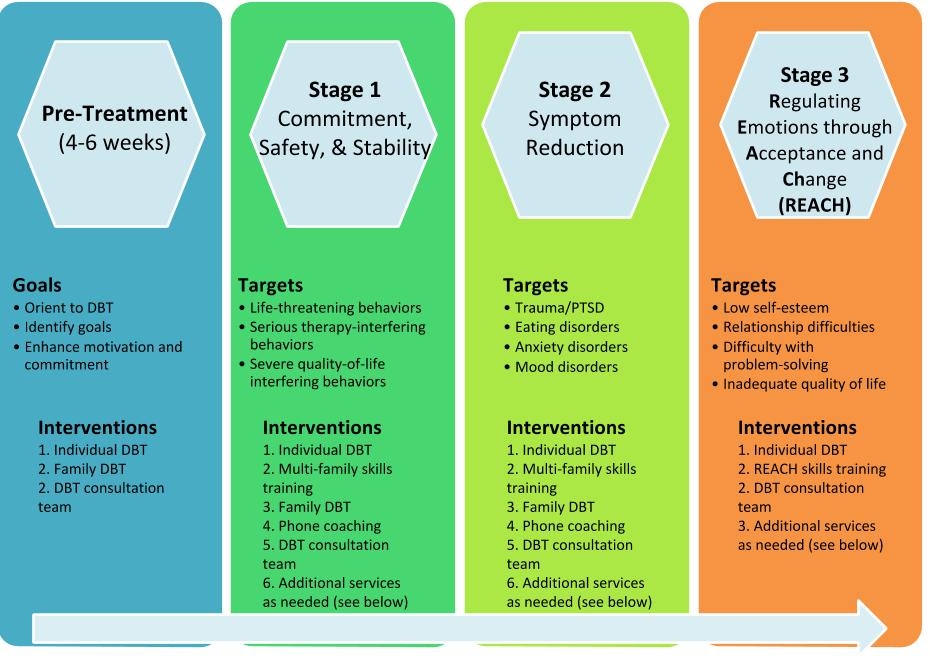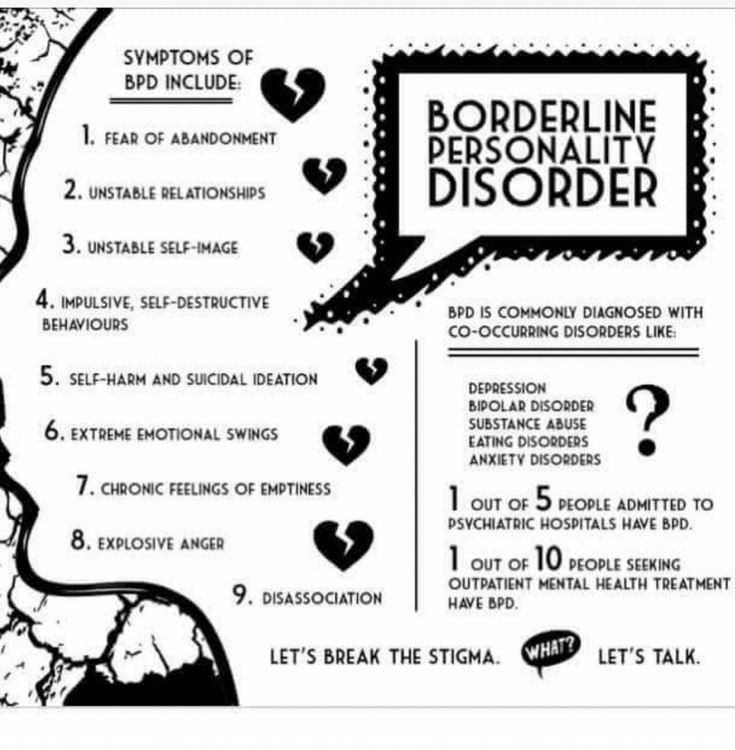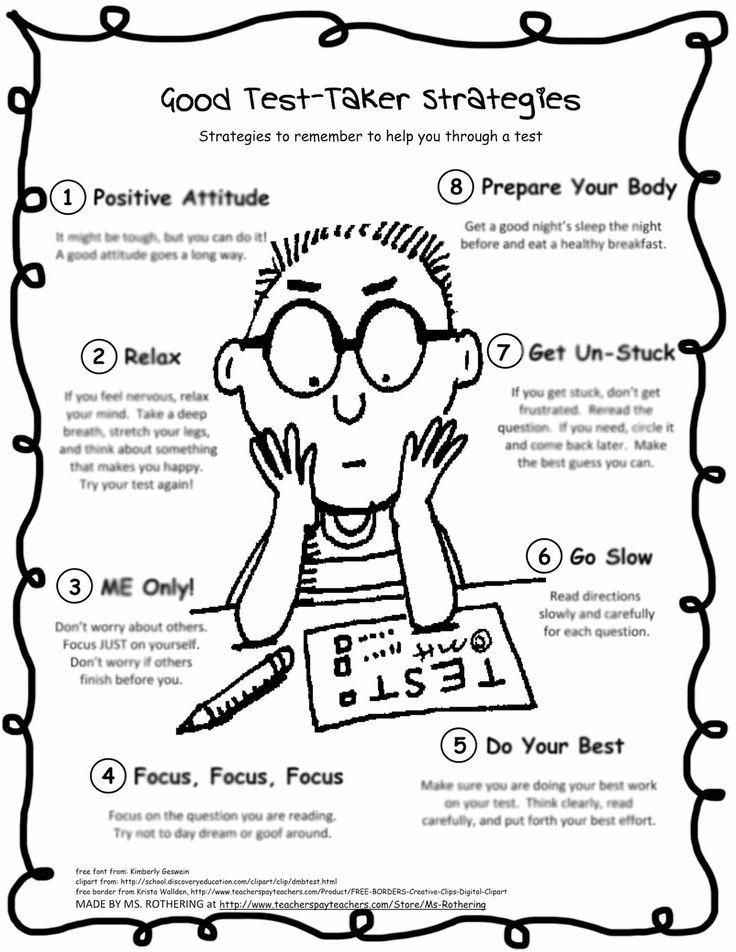Keep doing the same thing expecting different results
Einstein's Parable of Quantum Insanity
Share on Facebook
Share on Twitter
Share on Reddit
Share on LinkedIn
Share via Email
Print
From Quanta Magazine (find original story here).
“Insanity is doing the same thing over and over and expecting different results.”
That witticism—I’ll call it “Einstein Insanity”—is usually attributed to Albert Einstein. Though the Matthew effect may be operating here, it is undeniably the sort of clever, memorable one-liner that Einstein often tossed off. And I’m happy to give him the credit, because doing so takes us in interesting directions.
First of all, note that what Einstein describes as insanity is, according to quantum theory, the way the world actually works. In quantum mechanics you can do the same thing many times and get different results. Indeed, that is the premise underlying great high-energy particle colliders. In those colliders, physicists bash together the same particles in precisely the same way, trillions upon trillions of times. Are they all insane to do so? It would seem they are not, since they have garnered a stupendous variety of results.
Of course Einstein, famously, did not believe in the inherent unpredictability of the world, saying “God does not play dice.” Yet in playing dice, we act out Einstein Insanity: We do the same thing over and over—namely, roll the dice—and we correctly anticipate different results. Is it really insane to play dice? If so, it’s a very common form of madness!
We can evade the diagnosis by arguing that in practice one never throws the dice in precisely the same way. Very small changes in the initial conditions can alter the results. The underlying idea here is that in situations where we can’t predict precisely what’s going to happen next, it’s because there are aspects of the current situation that we haven’t taken into account.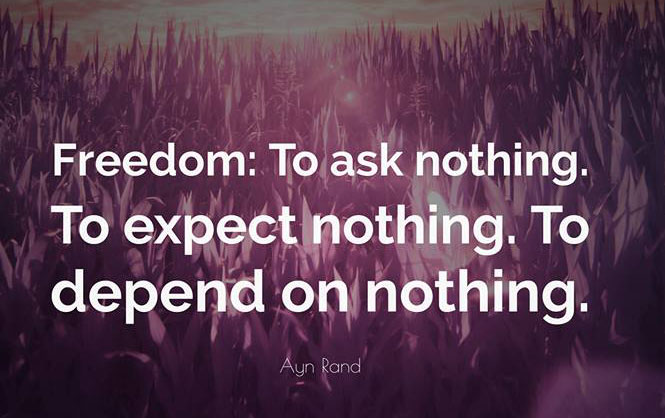 Similar pleas of ignorance can defend many other applications of probability from the accusation of Einstein Insanity to which they are all exposed. If we did have full access to reality, according to this argument, the results of our actions would never be in doubt.
Similar pleas of ignorance can defend many other applications of probability from the accusation of Einstein Insanity to which they are all exposed. If we did have full access to reality, according to this argument, the results of our actions would never be in doubt.
This doctrine, known as determinism, was advocated passionately by the philosopher Baruch Spinoza, whom Einstein considered a great hero. But for a better perspective, we need to venture even further back in history.
Parmenides was an influential ancient Greek philosopher, admired by Plato (who refers to “father Parmenides” in his dialogue the Sophist). Parmenides advocated the puzzling view that reality is unchanging and indivisible and that all movement is an illusion. Zeno, a student of Parmenides, devised four famous paradoxes to illustrate the logical difficulties in the very concept of motion. Translated into modern terms, Zeno’s arrow paradox runs as follows:
- If you know where an arrow is, you know everything about its physical state.

- Therefore a (hypothetically) moving arrow has the same physical state as a stationary arrow in the same position.
- The current physical state of an arrow determines its future physical state. This is Einstein Sanity—the denial of Einstein Insanity.
- Therefore a (hypothetically) moving arrow and a stationary arrow have the same future physical state.
- The arrow does not move.
Followers of Parmenides worked themselves into logical knots and mystic raptures over the rather blatant contradiction between point five and everyday experience.
The foundational achievement of classical mechanics is to establish that the first point is faulty. It is fruitful, in that framework, to allow a broader concept of the character of physical reality. To know the state of a system of particles, one must know not only their positions, but also their velocities and their masses. Armed with that information, classical mechanics predicts the system’s future evolution completely. Classical mechanics, given its broader concept of physical reality, is the very model of Einstein Sanity.
Classical mechanics, given its broader concept of physical reality, is the very model of Einstein Sanity.
With that triumph in mind, let us return to the apparent Einstein Insanity of quantum physics. Might that difficulty likewise hint at an inadequate concept of the state of the world?
Einstein himself thought so. He believed that there must exist hidden aspects of reality, not yet recognized within the conventional formulation of quantum theory, which would restore Einstein Sanity. In this view it is not so much that God does not play dice, but that the game he’s playing does not differ fundamentally from classical dice. It appears random, but that’s only because of our ignorance of certain “hidden variables.” Roughly: “God plays dice, but he’s rigged the game.”
But as the predictions of conventional quantum theory, free of hidden variables, have gone from triumph to triumph, the wiggle room where one might accommodate such variables has become small and uncomfortable. In 1964, the physicist John Bell identified certain constraints that must apply to any physical theory that is both local—meaning that physical influences don’t travel faster than light—and realistic, meaning that the physical properties of a system exist prior to measurement. But decades of experimental tests, including a “loophole-free” test published on the scientific preprint site arxiv.org last month, show that the world we live in evades those constraints.
In 1964, the physicist John Bell identified certain constraints that must apply to any physical theory that is both local—meaning that physical influences don’t travel faster than light—and realistic, meaning that the physical properties of a system exist prior to measurement. But decades of experimental tests, including a “loophole-free” test published on the scientific preprint site arxiv.org last month, show that the world we live in evades those constraints.
Ironically, conventional quantum mechanics itself involves a vast expansion of physical reality, which may be enough to avoid Einstein Insanity. The equations of quantum dynamics allow physicists to predict the future values of the wave function, given its present value. According to the Schrödinger equation, the wave function evolves in a completely predictable way. But in practice we never have access to the full wave function, either at present or in the future, so this “predictability” is unattainable. If the wave function provides the ultimate description of reality—a controversial issue!—we must conclude that “God plays a deep yet strictly rule-based game, which looks like dice to us. ”
”
Einstein’s great friend and intellectual sparring partner Niels Bohr had a nuanced view of truth. Whereas according to Bohr, the opposite of a simple truth is a falsehood, the opposite of a deep truth is another deep truth. In that spirit, let us introduce the concept of a deep falsehood, whose opposite is likewise a deep falsehood. It seems fitting to conclude this essay with an epigram that, paired with the one we started with, gives a nice example:
“Naïveté is doing the same thing over and over, and always expecting the same result.”
Frank Wilczek was awarded the 2004 Nobel Prize in physics for his work on the theory of the strong force. His most recent book is A Beautiful Question: Finding Nature’s Deep Design. Wilczek is the Herman Feshbach Professor of Physics at the Massachusetts Institute of Technology.
Reprinted with permission from Quanta Magazine, an editorially independent publication of the Simons Foundation whose mission is to enhance public understanding of science by covering research developments and trends in mathematics and the physical and life sciences.
ABOUT THE AUTHOR(S)
Frank Wilczek is the Herman Feshbach Professor of Physics at the Massachusetts Institute of Technology. He won the Nobel Prize in Physics in 2004 for his work on the theory of the strong force. Credit: Nick Higgins
Insanity Is Doing the Same Thing Over and Over Again and Expecting Different Results – Quote Investigator®
Albert Einstein? Al-Anon? Narcotics Anonymous? Max Nordau? George Bernard Shaw? Samuel Beckett? George A. Kelly? Rita Mae Brown? John Larroquette? Jessie Potter? Werner Erhard?
Dear Quote Investigator: It’s foolish to repeat ineffective actions. One popular formulation presents this point harshly:
The definition of insanity is doing the same thing over and over again and expecting a different result.
These words are usually credited to the acclaimed genius Albert Einstein. What do you think?
Quote Investigator: There is no substantive evidence that Einstein wrote or spoke the statement above. It is listed within a section called “Misattributed to Einstein” in the comprehensive reference “The Ultimate Quotable Einstein” from Princeton University Press.[1] 2010, The Ultimate Quotable Einstein, Edited by Alice Calaprice, Section: Misattributed to Einstein, Quote Page 474, Princeton University Press, Princeton, New Jersey. (Verified on paper)
It is listed within a section called “Misattributed to Einstein” in the comprehensive reference “The Ultimate Quotable Einstein” from Princeton University Press.[1] 2010, The Ultimate Quotable Einstein, Edited by Alice Calaprice, Section: Misattributed to Einstein, Quote Page 474, Princeton University Press, Princeton, New Jersey. (Verified on paper)
The earliest strong match known to QI appeared in October 1981 within a Knoxville, Tennessee newspaper article describing a meeting of Al-Anon, an organization designed to help the families of alcoholics. The journalist described the “Twelve Steps” of Al-Anon which are based on similar steps employed in Alcoholics Anonymous. The newspaper began with these two steps:[2] 1981 October 11, The Knoxville News-Sentinel Al-Anon Helps Family, Friends to Orderly Lives by Betsy Pickle (Living Today Staff Writer), Quote Page F17, Column 2, Knoxville, Tennessee. (GenealogyBank)
Step 1: We admitted we were powerless over alcohol – that our lives had become unmanageable.

Step 2: Came to believe that a Power greater than ourselves could restore us to sanity
One of the attendees at the meeting hesitated to accept the accuracy of second step. Emphasis added to excerpts by QI:
Not all the women are willing to admit they needed to be “restored to sanity.” In fact, one of them adamantly maintains that she had never reached a point of insanity. But another remarks, “Insanity is doing the same thing over and over again and expecting different results.”
The second earliest strong match known to QI appeared in a pamphlet printed by the Narcotics Anonymous organization in November 1981:[3]1981, Narcotics Anonymous Pamphlet, (Basic Text Approval Form, Unpublished Literary Work), Chapter Four: How It Works, Step Two, Page 11, Printed November 1981, Copyright 1981, W.S.C.-Literature … Continue reading
The price may seem higher for the addict who prostitutes for a fix than it is for the addict who merely lies to a doctor, but ultimately both pay with their lives.
Insanity is repeating the same mistakes and expecting different results.
QI acquired a PDF of the document with the quotation above on the website amonymifoundation.org back in February 2011. The document stated that is was printed in November 1981, and it had a 1981 copyright notice. The website was subsequently reorganized, but the document remains available via the Internet Archive Wayback Machine database.
Below are additional selected citations in chronological order.
The linkage between insanity and repetition has a long history. The controversial book “Degeneration” by Max Nordau was published in German in 1892 and translated into English by 1895. Nordau examined the works of a variety of artists and savagely attacked those that contained repetition which he believed evinced a mental defect in the creator. For example, he criticized Maurice Maeterlinck’s “La Princesse Maleine”:[4] 1895 Copyright, Degeneration by Max Nordau (Max Simon Nordau) (Translated from the Second Edition of the German Work), Quote Page 238, D.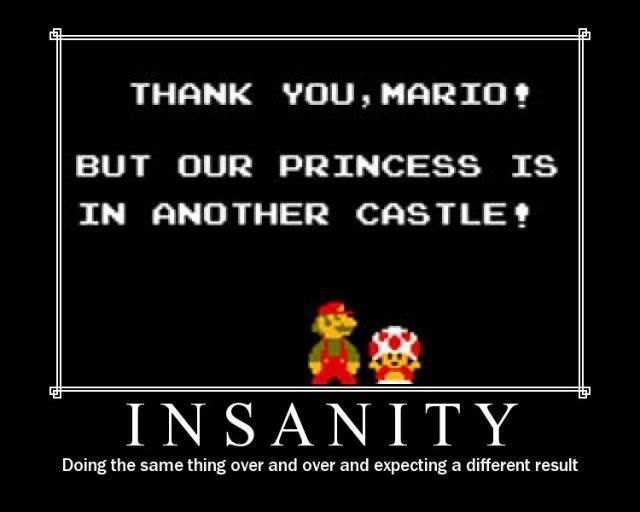 Appleton and Company. (Google Books Full View) link
Appleton and Company. (Google Books Full View) link
Has anyone anywhere in the poetry of the two worlds ever seen such complete idiocy? These ‘Ahs’ and ‘Ohs,’ this want of comprehension of the simplest remarks, this repetition four or five times of the same imbecile expressions, gives the truest conceivable clinical picture of incurable cretinism. These parts are precisely those most extolled by Maeterlinck’s admirers.
When George Bernard Shaw reviewed Nordau’s opus he turned the criticism of repetition back upon the author and suggested that Nordau might diagnose himself as mentally unsound:[5]1895 July 27, Liberty, Volume 11, Number 6, A Degenerate’s View of Nordau by Bernard Shaw, Quote Page 2, Column 1, Published by Benj. R Tucker, New York. (Reprint in 1970 by Greenwood Reprint … Continue reading
I have read Max Nordau’s “Degeneration” at your request,—two hundred and sixty thousand mortal words, saying the same thing over and over again.
That, as you know, is the way to drive a thing into the mind of the world, though Nordau considers it a symptom of insane “obsession” on the part of writers who do not share his own opinions. His message to the world is that all our characteristically modern works of art are symptoms of disease in the artists, and that these diseased artists are themselves symptoms of the nervous exhaustion of the race by overwork.
The 1955 book “The Psychology of Personal Constructs” by George A. Kelly included a definition that corresponded to the saying under investigation although it employed a different vocabulary:[6] 1955, The Psychology of Personal Constructs by George A. Kelly, Volume 2: Clinical Diagnosis and Psychotherapy, Quote Page 831, Published by W. W. Norton & Company, New York. (Verified on paper)
From the standpoint of the psychology of personal constructs we may define a disorder as any personal construction which is used repeatedly in spite of consistent invalidation.
This is an unusual definition, as psychological thinking ordinarily goes.
In October 1981 an educator and counselor on family relationships delivered a speech containing a thematically related adage:[7] 1981 October 24, The Milwaukee Sentinel, Search For Quality Called Key To Life by Tom Ahern, Quote Page 5, Column 5, Milwaukee, Wisconsin. (Google News Archive)
“If you always do what you’ve always done, you always get what you’ve always gotten.” That was the advice of Jessie Potter, the featured speaker at Friday’s opening of the seventh annual Woman to Woman conference.
More information about the quotation above is available here.
In October 1981 the saying was spoken by an attendee of an Al-Anon meeting as noted previously:
Insanity is doing the same thing over and over again and expecting different results.
In November 1981 a pamphlet from Narcotics Anonymous contained a close match as noted previously:
Insanity is repeating the same mistakes and expecting different results.

The 1983 novel “Sudden Death” by Rita Mae Brown included an instance credited to Jane Fulton who was a character within the book:[8] 1983, Sudden Death by Rita Mae Brown, Chapter 4, Quote Page 68, Published by Bantam Books, New York. (Verified with scans)
The trouble with Susan was that she made the same mistakes repeatedly. She’d fall in love with a woman and consume her. Susan thought that her mere presence was enough. What more was there to give? When she tired, usually after a year or so, she’d find another woman.
Unfortunately, Susan didn’t remember what Jane Fulton once said. “Insanity is doing the same thing over and over again, but expecting different results.”
A June 1983 book review of “Sudden Death” in “The Clarion-Ledger” of Jackson, Mississippi reprinted the saying:[9]1983 June 19, The Clarion-Ledger, “Sudden Death” a complex metaphor by Stephen L. Silberman, (Book review of “Sudden Death” by Rita Mae Brown), Quote Page 7H, Column 2, … Continue reading
Women’s tennis gets a thorough dissecting in this story.
Jane Fulton is the critical sports writer who contends “Modern professional sports rewards players for function instead of character. Responsibility is normally defined as doing a job better than anyone else.” She looks askance at professional tennis and says “Win and become a god. Lose and be forgotten.” Finally after following the lives and careers of the players, and the game itself, she concludes, “Insanity is doing the same thing over and over and over again, but expecting different results.”
Also in 1983 Samuel Beckett, winner of the Nobel Prize in Literature, offered a counterpoint perspective in his work “Worstward Ho”:[10] 1983, Worstward Ho by Samuel Beckett, Quote Page 7, Grove Press Inc., New York. (Verified with scans)
All of old. Nothing else ever. Ever tried. Ever failed. No matter. Try again. Fail again. Fail better.
In January 1986 the Emmy-winning actor John Larroquette who was a star in the television comedy series “Night Court” shared the definition during a newspaper interview:[11]1986 January 5, The Sydney Morning Herald, Television with Jacqueline Lee Lewes: From drugs, drink to… Night Court: ‘Confessions of an Emmy Star, Quote Page 31, Column 3, Sydney, New … Continue reading
He pops in a definition of insanity – “It’s the repetition of the same action expecting different results.
Like jumping out of a 40-storey building, breaking every bone, spending six months in hospital, going back to the same building, up to the 39th floor, jumping and expecting it to be different. It is NEVER different.”
In April 1986 an opinion piece by Baltazar A. Acevedo Jr in “The Dallas Morning News” of Texas included the saying:[12] 1986 April 25, The Dallas Morning News, Leadership Beyond Ethnicity Should Be Goal of Dallasites by Baltazar A. Acevedo Jr., Dallas, Texas. (NewsBank Access World News)
I once heard insanity defined as a process by which an individual or a system does something over and over again in the same way while yet expecting different results. To continue to evaluate and address issues in our community strictly along ethnic, instead of human, considerations is insane if only for one reason: It will lead to the polarization that is the standard of paranoid societies.
The 1988 book “Raising Self-Reliant Children in a Self-Indulgent World” included an instance:[13]1988 Copyright, Raising Self-Reliant Children in a Self-Indulgent World: Seven Building Blocks for Developing Capable Young People by H. Stephen Glenn and Jane Nelsen, Quote Page 174, Published by … Continue reading
Stephen Glenn and Jane Nelsen, Quote Page 174, Published by … Continue reading
Flexibility is the ability to bend when we find ourselves in unworkable positions. A universal characteristic of insanity is inflexibly doing the same thing over and over while hoping for different results. Flexibility in the face of changing circumstances, by contrast, is a hallmark of mental health.
By 1990 the saying was being attributed to Einstein. For example, the “Austin American-Statesman” of Austin, Texas published the following remark made by Travis County District Attorney Ronnie Earle:[14]1990 November 19, Austin American-Statesman, Section: News, Prison Puzzle – Threat of cost explosion poses difficult choices by Mike Ward, Quote Page A1, Austin, Texas. (NewsBank Access World … Continue reading
Einstein once said that insanity is doing the same thing over and over and expecting a different result.

In 1991 “The Seattle Times” printed the thoughts of an Indiana judge who ascribed another version of the saying to Einstein:[15] 1991 July 4, The Seattle Times, Section: Editorial, Getting Out of the Freedom Business by Don Williamson, Quote Page A8, Seattle, Washington. (NewsBank Access World News)
The jurist from the Hoosier State subscribes to Albert Einstein’s definition of insanity: “doing the same thing over and over and expecting a different outcome.”
In 2000 a columnist working for the Knight Ridder News Service ascribed a version of the saying to the influential lecturer and trainer Werner Erhard although the name was misspelled as “Erhart”:[16] 2000 July 30, The Indianapolis Star, Get a plan to overcome trouble spots by Tim O’Brien (Knight Ridder News Service), Quote Page J3, Column 1, Indianapolis, Indiana. (Newspapers_com)
Werner Erhart described insanity as ‘repeating identical behavior and expecting a different result.
’ If we repeatedly have difficulties in an area of life, doesn’t it make sense that our behaviors cause the problems?
In 2016 the webcomic “xkcd” depicted two characters conversing; the first mentioned the now well-known definition of insanity, and the second replied with a remark that implicitly and cleverly applied the logic of the definition to his companion:[17]Website: xkcd Comic, Comic title: Insanity, Comic author: Randall Munroe, Date on website: March 18, 2016, Website description: A webcomic of romance, sarcasm, math, and language. (Accessed xkcd.com … Continue reading
You’ve been quoting that cliché for years. Has it convinced anyone to change their mind yet?
In conclusion, based on current evidence the saying originated in one of the twelve-step communities. Anonymity is greatly valued in these communities, and no specific author has been identified by the many researchers who have explored the provenance of this adage. The linkage to Albert Einstein occurred many years after his death and is unsupported.
The linkage to Albert Einstein occurred many years after his death and is unsupported.
Image Notes: Two arrows pointing at one another from OpenClipart-Vectors at Pixabay. Portrait of Albert Einstein circa 1921 by Ferdinand Schmutzer accessed via Wikimedia Commons. Images have been retouched, cropped and resized.
(Great thanks to MJ Redman, Kevin Ashton, Melinda Denson, Linda Sternhill Davis, The Muser, Mededitor, Santanu Vasant, Simon Lancaster, Michael Cochran, David Meadows, J Carson, Guilherme Simões, Ed Darrell, Lee Winkelman, and Fabius Maximus (Ed.) whose inquiries led QI to formulate this question and perform this exploration. Special thanks to the volunteer researchers Quora and Wikiquote who mentioned the Narcotics Anonymous citation. Also, thanks to the valuable research conducted by Barry Popik, Ben Zimmer, and Daniel Gackle. Many thanks to Bill Mullins who located the important October 11, 1981 citation.)
Update History: On July 31, 2019 the October 11, 1981 citation was added to the article.
References
| ↑1 | 2010, The Ultimate Quotable Einstein, Edited by Alice Calaprice, Section: Misattributed to Einstein, Quote Page 474, Princeton University Press, Princeton, New Jersey. (Verified on paper) |
|---|---|
| ↑2 | 1981 October 11, The Knoxville News-Sentinel Al-Anon Helps Family, Friends to Orderly Lives by Betsy Pickle (Living Today Staff Writer), Quote Page F17, Column 2, Knoxville, Tennessee. (GenealogyBank) |
| ↑3 | 1981, Narcotics Anonymous Pamphlet, (Basic Text Approval Form, Unpublished Literary Work), Chapter Four: How It Works, Step Two, Page 11, Printed November 1981, Copyright 1981, W.S.C.-Literature Sub-Committee of Narcotics Anonymous], World Service Conference of Narcotics Anonymous. (Accessed at amonymifoundation.org on October 3, 2011; website has been restructured; text is available via Internet Archive Wayback Machine Snapshot January 1, 2013 link PDF of pamphlet link |
| ↑4 | 1895 Copyright, Degeneration by Max Nordau (Max Simon Nordau) (Translated from the Second Edition of the German Work), Quote Page 238, D. |
| ↑5 | 1895 July 27, Liberty, Volume 11, Number 6, A Degenerate’s View of Nordau by Bernard Shaw, Quote Page 2, Column 1, Published by Benj. R Tucker, New York. (Reprint in 1970 by Greenwood Reprint Corporation, Westport, Connecticut)(HathiTrust Full View) link |
| ↑6 | 1955, The Psychology of Personal Constructs by George A. Kelly, Volume 2: Clinical Diagnosis and Psychotherapy, Quote Page 831, Published by W. W. Norton & Company, New York. (Verified on paper) |
| ↑7 | 1981 October 24, The Milwaukee Sentinel, Search For Quality Called Key To Life by Tom Ahern, Quote Page 5, Column 5, Milwaukee, Wisconsin. (Google News Archive) |
| ↑8 | 1983, Sudden Death by Rita Mae Brown, Chapter 4, Quote Page 68, Published by Bantam Books, New York. (Verified with scans) |
| ↑9 | 1983 June 19, The Clarion-Ledger, “Sudden Death” a complex metaphor by Stephen L.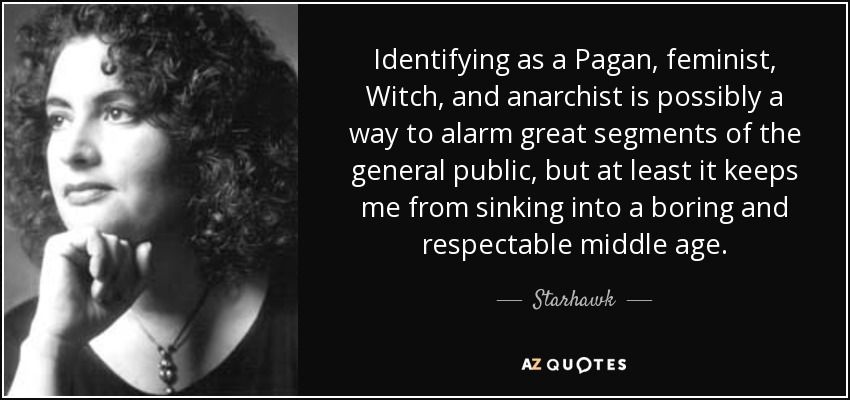 Silberman, (Book review of “Sudden Death” by Rita Mae Brown), Quote Page 7H, Column 2, Jackson, Mississippi. (Newspapers_com) Silberman, (Book review of “Sudden Death” by Rita Mae Brown), Quote Page 7H, Column 2, Jackson, Mississippi. (Newspapers_com) |
| ↑10 | 1983, Worstward Ho by Samuel Beckett, Quote Page 7, Grove Press Inc., New York. (Verified with scans) |
| ↑11 | 1986 January 5, The Sydney Morning Herald, Television with Jacqueline Lee Lewes: From drugs, drink to… Night Court: ‘Confessions of an Emmy Star, Quote Page 31, Column 3, Sydney, New South Wales, Australia. (Newspapers_com) |
| ↑12 | 1986 April 25, The Dallas Morning News, Leadership Beyond Ethnicity Should Be Goal of Dallasites by Baltazar A. Acevedo Jr., Dallas, Texas. (NewsBank Access World News) |
| ↑13 | 1988 Copyright, Raising Self-Reliant Children in a Self-Indulgent World: Seven Building Blocks for Developing Capable Young People by H. Stephen Glenn and Jane Nelsen, Quote Page 174, Published by Prima Publishing & Communications, Rocklin, California.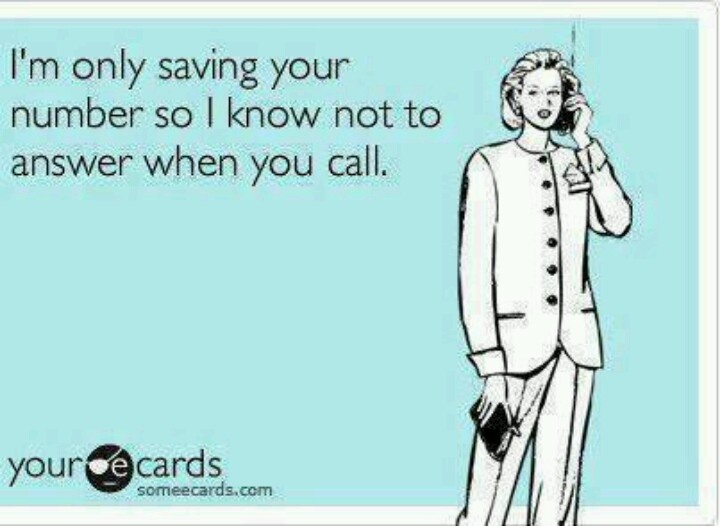 (Verified on paper) (Verified on paper) |
| ↑14 | 1990 November 19, Austin American-Statesman, Section: News, Prison Puzzle – Threat of cost explosion poses difficult choices by Mike Ward, Quote Page A1, Austin, Texas. (NewsBank Access World News) |
| ↑15 | 1991 July 4, The Seattle Times, Section: Editorial, Getting Out of the Freedom Business by Don Williamson, Quote Page A8, Seattle, Washington. (NewsBank Access World News) |
| ↑16 | 2000 July 30, The Indianapolis Star, Get a plan to overcome trouble spots by Tim O’Brien (Knight Ridder News Service), Quote Page J3, Column 1, Indianapolis, Indiana. (Newspapers_com) |
| ↑17 | Website: xkcd Comic, Comic title: Insanity, Comic author: Randall Munroe, Date on website: March 18, 2016, Website description: A webcomic of romance, sarcasm, math, and language. (Accessed xkcd.com on March 23, 2017) link |
Albert Einstein quote: It's pointless to keep doing the same thing and expect different results.
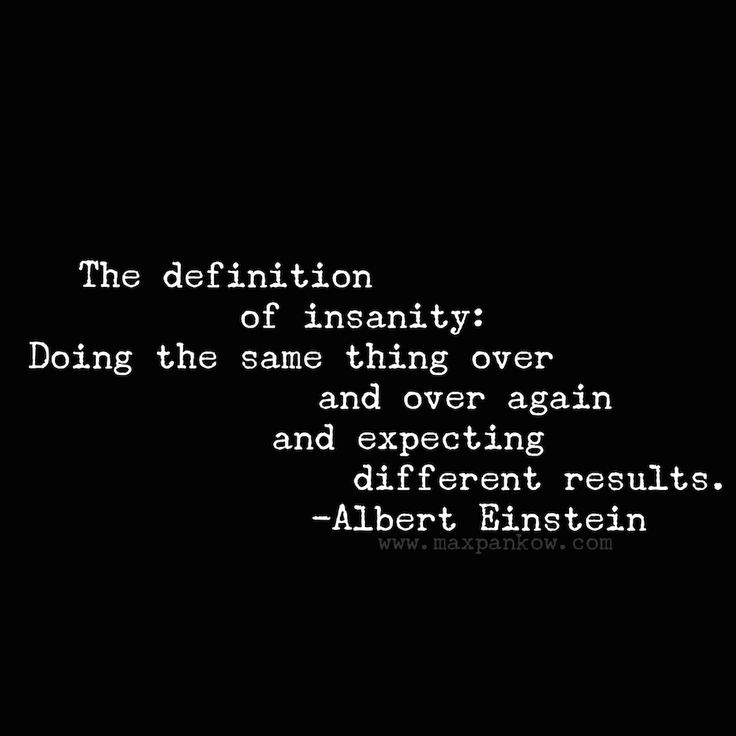
- Albert Einstein
Add note
The definition of insanity is doing the same thing over and over and expecting different results.
Variously attributed also to Benjamin Franklin and Mark Twain. The earliest known occurrence, and probable origin, is from a 1981 text from Narcotics Anonymous: "Insanity is repeating the same mistakes and expecting different results." cf. Rita Mae Brown#Misattributed. nine0009 Misattributed
Option: Insanity: doing the same thing over and over again and expecting different results.
Last update July 3, 2022
Topic
Result
Albert Einstein
279 Theoretical Physics ... 1879 - 1955Similar quotes
“You have stood here. demonstrations of 100 thousand people, and these people declared that the authorities, the president, together with the Central Election Commission, rigged the elections, deceived millions of people, and stole millions of votes. They were standing here, telling you all this. You have changed some formal things, but you continue to do the same. You keep telling all these people: “You are not admitted to the elections, we will never let you go anywhere, because you violate our small cozy world in which we exist, there are candidates who do not even try to fight for votes, and there are certain election results. Previously - more as a result of falsifications, now - more as a result of non-admission. ""
They were standing here, telling you all this. You have changed some formal things, but you continue to do the same. You keep telling all these people: “You are not admitted to the elections, we will never let you go anywhere, because you violate our small cozy world in which we exist, there are candidates who do not even try to fight for votes, and there are certain election results. Previously - more as a result of falsifications, now - more as a result of non-admission. ""
— Aleksey Anatolyevich Navalny Russian lawyer, investment activist, political and public figure, blogger 1976
During registration with the CEC as a candidate for the presidency of the Russian Federation.
2017
“We evaluate ourselves by ideas, and others by results.”
— Konstantin Semyonovich Melikhan Russian writer, author of humorous books, variety performer of his own works, cartoonist, TV presenter, ... 1952
“The difference between senseless obstinacy and prophetic persistence only in the presence of a result in the second case. But usually people just give up before they even start.”
But usually people just give up before they even start.”
- Alexander Zhurba
This quote is awaiting review.
“I did not expect anything good and was sure that I would not succeed, but the result exceeded all my expectations - it was a victory!”
— О.М.
“You are the result of what you do most of the time.”
— Alexei Khristinin
“Don't worry about the results of your labors. If you do everything you can, then the results will appear sooner or later, but you should not think about them. The seeds of truth that we have planted will surely sprout. And if we do not wait for the fruits, then others will rejoice in them.”
- Og Mandino 1923 - 1996
"He who does expects success. The one who “tryes” expects something to interfere with him. Half effort gives not half the result, but a zero result. "
- Bodo Schaefer 1960
"The best result that a person can choose for himself is to achieve the highest result that he is capable of.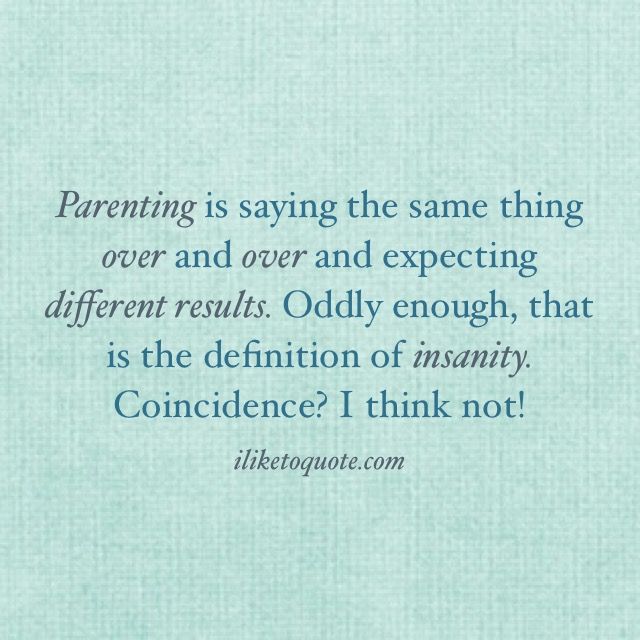 " Plato -384 - -321 BC
" Plato -384 - -321 BC
“Marketing compared to sales is like masturbation compared to sex. Marketing can also be done alone in a dark room. And sales involve contacts with other people, and their result is always a reality, not a fiction.”
- Jim Koch 1949
“I never chased the result, I made the result and achieved a lot in programming. I have been running after love all my life, but I stopped late, that there was no turning back "
- Sergey Vyacheslavovich
"Your result is your coolest argument."
- L'One Russian rapper of Georgian origin translation is pending. Is the translation correct?
“Only a qualified specialist can judge skill, but this is not the same as evaluating the significance of the result.”
- Clive Staples Lewis Irish writer and scientist 1898 - 1963
“It's like in sports, there are veterans, there are young people. If you want to achieve results strategically, you need to reduce the number of veterans and bring in young people, train them. So that the result is on the scoreboard! If we continue the analogy with sports, then I have already worked in excess of the norm, more than Jaromir Jagr, and other sports stars. Even though I'm 70 years old, I feel like I'm 50! I accept this decision normally!.”
So that the result is on the scoreboard! If we continue the analogy with sports, then I have already worked in excess of the norm, more than Jaromir Jagr, and other sports stars. Even though I'm 70 years old, I feel like I'm 50! I accept this decision normally!.”
- Valery Pavlinovich Shantsev Russian politician 1947
“The surest profit is that which is the result of frugality.”
— Publius Cyrus Ancient Roman mimic poet
“It is hard to find another place where art is talked about so much, but little done, as in Hollywood. The intertwining of business, censorship, sensation and art leads, with a few exceptions, to deplorable results.”
- Erich Maria Remarque German writer 1898 - 1970
From an interview with M. Feldman in 1946
"Success is the sum of the results of all the small steps that we take every day."
- Robert Collier 1885
" He [Bill Gates] is a businessman. Winning the market was more important than making great products.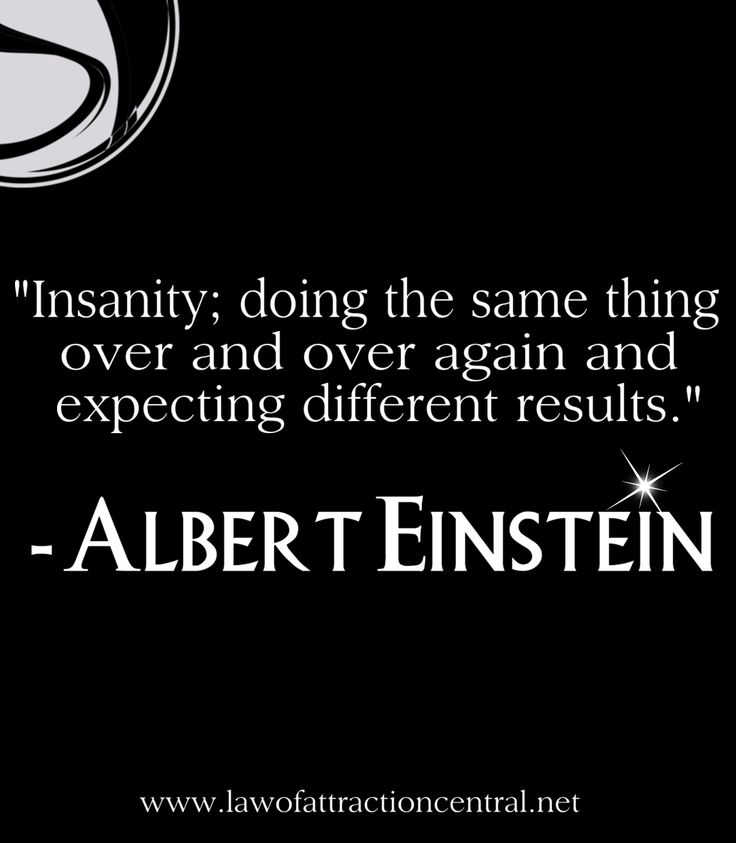 As a result, Bill became the richest man in the world, and if that was his goal, he achieved it.”
As a result, Bill became the richest man in the world, and if that was his goal, he achieved it.”
— Steve Jobs is an American entrepreneur, designer and inventor, one of the founders, chairman of the board of directors and CEO of a corporation… 1955 - 2011
Source: W. Eizenkson "Steve Jobs" Chapter 41. Legacy. The bright firmament of the imagination
"The sympathy that draws one spirit to another is the result of a perfect concordance of their interests, their feelings."
- Allan Kardec 1804 - 1869
other people.“
— Pierre Teilhard de Chardin French Catholic philosopher and theologian, biologist, geologist, paleontologist, archaeologist, anthropologist 1881 - 1955
"Each individual must experience what others experienced as a result of the decisions he once made."
- Edgar Cayce medium, healer 1877 - 1945
Meaning - in other incarnations.
Related topics
- Result
Psychologist's page - Nizhnevartovsk Employment Center
Upcoming
events
Attention job seekers!
01/24/2023 09:59
25. 01.2023 at 15:00 at the address: Nizhnevartovsk, st. Neftchinikov, 70 V, office No. 3, a job fair will be held to promote the employment of the unemployed, at
01.2023 at 15:00 at the address: Nizhnevartovsk, st. Neftchinikov, 70 V, office No. 3, a job fair will be held to promote the employment of the unemployed, at
More »
Every person in certain periods of time is faced with the need to find a job. Often this is accompanied by making mistakes, experiences and other negative moments.
Work should be enjoyable and the search for it should not take too long. nine0150 Let the employment process cause you only positive feelings , be successful and uncomplicated. How to achieve this?
To do this, you need to use just a few rules:
- Creating a resume. A resume should fully reflect your work experience and education, your professional achievements and personal characteristics.
- Confident telephone communication. You must be prepared for a telephone interview. Be able to briefly describe yourself and your experience.
 nine0127
nine0127 - Always be communicative and courteous in interviews.
- Be sure to remain polite after the interview. Thank you for your time.
By following these easy-to-follow action guides, you can build a great resume, shine through an interview, secure a profitable contract, and build the career you dreamed of.
A resume is a brief self-presentation in writing of your professional skills, achievements and personal qualities that you plan to successfully implement in your future job. nine0009 A resume is a business card that directly affects whether you will be hired to work where you want or not. Therefore, it is very important that your resume contains distinctive features and specific facts that demonstrate your competence and professionalism.
3 main rules for successful resume writing:
- Rule #1. Write the truth, but not all. Focus on your strengths and don't talk too much about your weaknesses. You will be asked about them at the interview, be prepared for this.
 nine0127
nine0127 - Rule #2. Stick to a clear structure
The resume is written on 1-2 sheets, no more. Therefore, try to briefly and succinctly state in it all the necessary information, even if there is a lot of it.
Take care of the accurate formatting of the resume text, its structured presentation. Since no one is pleased to read abracadabra. - Rule #3. Be optimistic and cheerful
Positive people attract success. In your case, a new job. nine0127
Resume form: Download
Interview preparation steps for success
1. Search for information about the activities of the organization you are going to interview. General information: type of activity, number of staff, how many years in the market, etc.
2. Be sure to review the general job descriptions for the position you are applying for. We evaluate ourselves. If there are responsibilities that you have not encountered before or you are not sure that you will not be able to cope with them, study them in depth. nine0009 3. We prepare some questions in order to show our interest to the employer. Questions should not go beyond future job responsibilities.
nine0009 3. We prepare some questions in order to show our interest to the employer. Questions should not go beyond future job responsibilities.
4. Prepare documents about your qualifications (diploma, certificates), passport, work book and don't forget your resume.
How to get an interview for "URA"?
1. We always remember the saying “They meet according to their clothes, they see them off according to their mind”. So the first thing you should pay attention to is the appearance. You must be neatly dressed and dress in accordance with the dress code of the company you are interviewing for. nine0009 2. Also, do not forget about a positive mood, smile, be sociable, energetic and attentive. A future employer should see in your eyes the desire to work in his company. The main thing is that he sees that you want to give everything one hundred percent not for getting a position, but when working in this position.
3. At the interview, you will definitely be asked questions regarding your qualifications and job responsibilities of the open position. Here you already reveal yourself completely. Talk about your experience and accomplishments. nine0009 4. If you have little experience or you are not familiar with some aspect of your duties, do not be afraid to admit that you are not competent in some matter. Always remember the saying: “You can’t know everything, you need to know where to look.” When selecting personnel, the employer knows that it is impossible to find a candidate who will immediately join the team and on the first day will be able to fulfill his duties one hundred percent. That's what training and probation is for.
Here you already reveal yourself completely. Talk about your experience and accomplishments. nine0009 4. If you have little experience or you are not familiar with some aspect of your duties, do not be afraid to admit that you are not competent in some matter. Always remember the saying: “You can’t know everything, you need to know where to look.” When selecting personnel, the employer knows that it is impossible to find a candidate who will immediately join the team and on the first day will be able to fulfill his duties one hundred percent. That's what training and probation is for.
Interview errors
1. Inflated self-esteem when communicating. Never praise yourself too much. Along with this, low self-esteem will also not give a positive result.
2. Come to an interview with a "support group". The interview is individual and you must behave correctly, show that you are a confident person.
3. Heart-to-heart conversation. Remember that you don't need a lot of revelations at the job interview.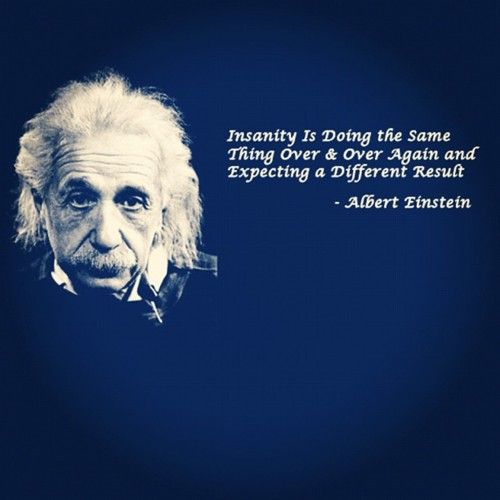 If you are asked the question: what are you interested in? This does not mean that you need to talk in detail about your hobby. nine0009 4. Money, that is wages. It is a mistake to say at the interview that you are attracted to wages at work. Since salary is not a motivation for work.
If you are asked the question: what are you interested in? This does not mean that you need to talk in detail about your hobby. nine0009 4. Money, that is wages. It is a mistake to say at the interview that you are attracted to wages at work. Since salary is not a motivation for work.
5. Don't lie about your work experience and professionalism. Since your lie will be visible either immediately or after some time.
If you do everything right, you will definitely be hired. If this did not happen, then do not despair and continue looking for work further, but already taking into account the accumulated experience and analysis of the mistakes made, and then you will definitely succeed! nine0009 If you have already found a job at the desired job, then try to make every effort so that the work brings you joy and pleasure.
8 Tips for making work enjoyable and joyful
1. Getting up on a positive note
It's worth waking up with a positive introduction.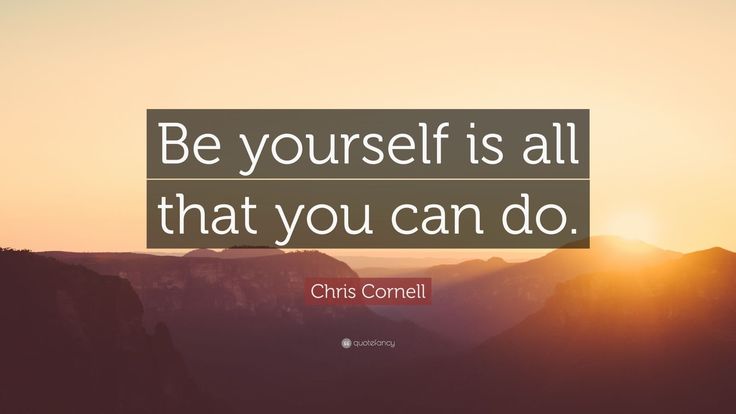 Because a day at work won't be a holiday if everything gets messed up from the start. To do this, you need to have a whole store of positive thoughts in your head.
Because a day at work won't be a holiday if everything gets messed up from the start. To do this, you need to have a whole store of positive thoughts in your head.
2. Encouraging start to the day
You can start the day with a cup of your favorite tea and, say, 15 minutes of listening to an encouraging tune, or reading a really worthwhile book.
3. The right attitude and motivation
Beforehand, in the evening, link work and your goals. Just think and give yourself an account: for what reason, your alarm clock breaks into your consciousness every morning and pulls you into reality? After all, there is a reason that will be much deeper than a simple one - “So it is necessary!”. nine0009 For example, you can motivate yourself - career growth, self-development and experience, good money, which you can then spend on travel, etc. Regardless of your motivations, today is the time to get closer to your goals.
4. A smile can do wonders
And, of course, get ready to smile.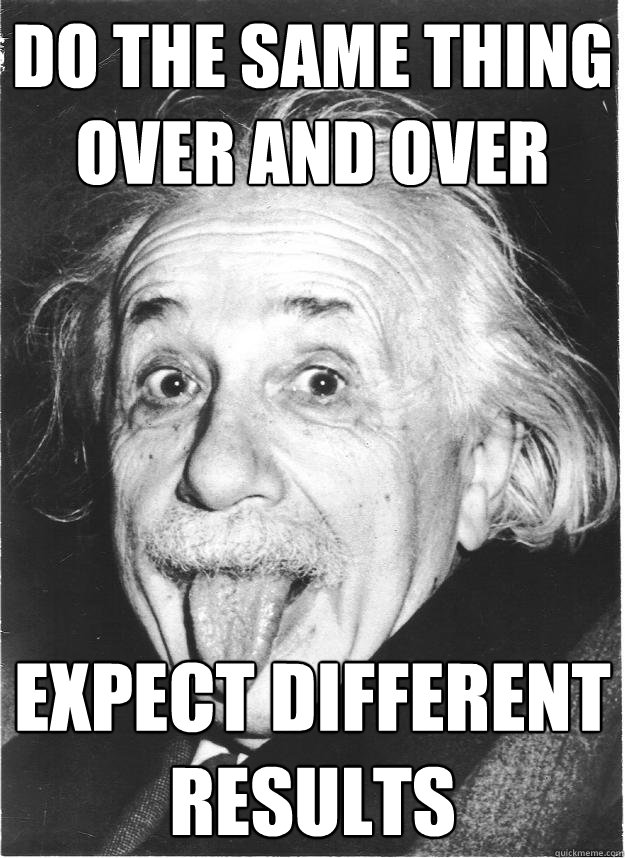 Even if the mood is not.
Even if the mood is not.
Scientists have repeatedly proven that even if the smile is strained, the overall stress background in the body is significantly reduced. nine0009 In the event that someone asked how your affairs are, then you do not need to program your brain for failure in advance by answering - “Normal”, “Not very”, etc.
You are doing well! And always will be! Just smile and move towards happiness.
5. Setting priorities
When a person comes to work, very often at the beginning of the working day the mood deteriorates only because there are so many unresolved tasks.
In order to effectively cope with the entire scope of work, you just need to determine for yourself the important tasks and the secondary ones, and then start working according to all the rules of time management. nine0009 6. Pleasant social circle
It is worth giving up the society of negative people completely. After all, even the ancients were convinced that our society greatly influences us.
Even if it is not possible to protect yourself from unpleasant personalities, your communication should be reduced to discussing purely business issues.
That is, when you complimented the accountant, but she answered with grumbling, try to quickly move on to discussing pressing issues, but with a sour expression on the secretary’s face in response to your greeting, try to correctly proceed immediately to resolving issues. nine0009 7. Timely switching to favorite things
After the end of the working day, you need to fill the temporary space with what you like, what you really love. At the same time, completely disconnected from all the problems associated with work.
Recommendations do not need to be written here. Everyone knows what he really likes. The most important thing is that “work stays at work”. After all, if you don’t switch from the “working mode” in time, then you can definitely get a “hangover” from overwork. nine0009 8. Give thanks for every day you live
At the end of the day, you should be alone with yourself in order to think about whether there were moments in this working day, the day of your life, for which you would like to thank fate. In this mood, you should fall asleep.
In this mood, you should fall asleep.
And if something really sad happens during the day, then the daily implementation of all the above lessons will help in solving problems.
In order to live a positive life, you do not need to invest a lot of money, make gigantic efforts and sacrifice a lot. nine0003
With the help of these techniques, you can get tremendous pleasure from work and life in general.
Working for pleasure is what we want and what many of us lack. Follow our advice and you will be fine.
9 Tips for Writing a Cover Letter
One of the most important questions you are bound to face in an interview. It's important to be prepared!
A cover letter is your chance to make a good first impression and start a one-way communication with an employer. The cards tell you how to take advantage of this opportunity. nine0009
Typical interview questions - what to prepare for?
Interviews are stressful for the candidate. But if you are prepared for what and why the employer asks, then it is easier to collect your thoughts during an interview and not get into a mess. This article is a list of popular types of interviews and questions that may be asked.
But if you are prepared for what and why the employer asks, then it is easier to collect your thoughts during an interview and not get into a mess. This article is a list of popular types of interviews and questions that may be asked.
In its pure form, such interviews are rare. But the principle by which the candidate is evaluated in each case will help to figure out what and why to tell the employer. nine0003
What they will definitely ask
Everyone who was looking for a job faced standard questions. It is easy to prepare answers to them in advance - and this is the main disadvantage for the employer, because many candidates are cunning in order to please the interviewer. However, these questions often continue to be used.
“Tell me about yourself” There are no secrets here: tell us in chronological order how you chose an educational institution and studied, what work experience you gained after and what personal qualities help you develop.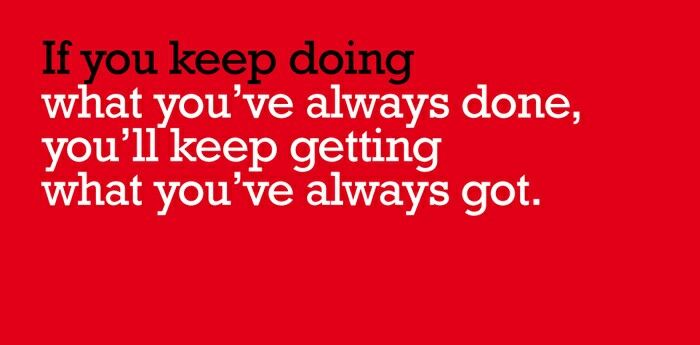 Present your experience as a professional story, logical, coherent, and short, no longer than three minutes. It is better to rehearse it at home. nine0003
Present your experience as a professional story, logical, coherent, and short, no longer than three minutes. It is better to rehearse it at home. nine0003
“Name your strengths and weaknesses” Remember the job description. What qualities will help in the performance of this work, and what, on the contrary, will interfere? The Internet is full of advice on how to answer this question. Recruiters usually laugh that all applicants, judging by the answers, are terrible workaholics and perfectionists. Try to go against the norm and really name a couple of your weaknesses. Of course, not one that is incompatible with this work (and if there are, then this work simply does not suit you). You will be surprised, but often this is exactly what is expected. The ability to evaluate yourself objectively and name your “growth zones” speaks of maturity. Just do not confuse recognition of individual weaknesses with a listing of all your sins. nine0003
“Where do you see yourself in five years?” The employer does not expect a reliable answer and will not check in five years. He is interested in something else: what are your desires focused on and what are your ambitions. If your goal is a managerial position, and the company is looking for a person for a vacancy without career growth, then for the employer this may be a sign that you will not last long in one place. Or vice versa - they are looking for a very active and in a good sense ambitious, who will build a unit from scratch, in which at first you will have to spin alone, and you would be satisfied with just a calm, stable job. nine0003
He is interested in something else: what are your desires focused on and what are your ambitions. If your goal is a managerial position, and the company is looking for a person for a vacancy without career growth, then for the employer this may be a sign that you will not last long in one place. Or vice versa - they are looking for a very active and in a good sense ambitious, who will build a unit from scratch, in which at first you will have to spin alone, and you would be satisfied with just a calm, stable job. nine0003
“Why should we hire you for this position?” Summarize what has been said, describe the ideal candidate for the position and find something in common between this portrait and your qualities: “If I understood correctly, you are looking for an attentive and responsible secretary. At my last job, I was the only assistant who never received a fine from the accounting department for errors in documents. I think I'm perfect for you."
Experienced HR specialists develop their own set of unique questions over the years of practice, which, in their opinion, help to reveal the candidate well.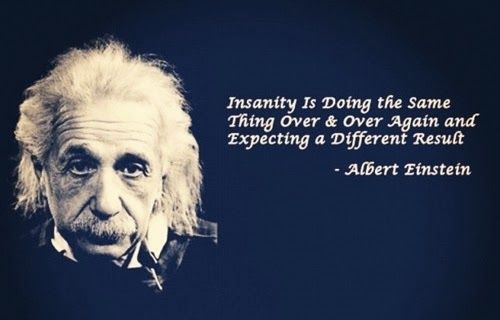 Do not be surprised if you are asked about something that is not directly related to the job - the interviewer is just trying to better understand your motivation and other things that are important for this job. nine0003
Do not be surprised if you are asked about something that is not directly related to the job - the interviewer is just trying to better understand your motivation and other things that are important for this job. nine0003
Projective Interview
To better understand a candidate's personality type and patterns of behavior, employers ask projective questions: they ask the candidate to express an opinion about people and situations with which he has nothing to do with. The candidate does not need to talk about himself, so he begins to act more freely. But since a person judges events and other people in terms of his experience, the interviewer draws useful conclusions from his story.
Projective questions sound like this:
"Why do people make a career?" The employer is trying to find out about the candidate's motives, to understand why career growth is important or not important to him.
"Describe typical causes of conflict in a team. " From the answer to this question, you can learn about the candidate's negative experience, his ideas about a team that is comfortable and uncomfortable for him.
" From the answer to this question, you can learn about the candidate's negative experience, his ideas about a team that is comfortable and uncomfortable for him.
"Which client can become a problem for the company?" This is also a question about negative experiences, about conflicts that an employee may have in the future. nine0003
"Why do some people succeed in life and others fail?" The answer to the question will tell you how the candidate imagines success: what are its reasons, how to repeat it.
You can bring the interviewer back from hypothetical situations to reality: “I can’t speak for all people, but I personally think…”
Behavioral interview
Success and failure at work depend not only on the person himself. The results are influenced by many factors: from the available technical means to the criteria for evaluating work in a particular organization. It is not uncommon for a successful professional from one company to be lured to another, but he did not succeed in repeating success in a new place. nine0003
nine0003
To avoid such situations, employers examine the behavior of a person in a previous job - and evaluate whether the person can become successful in their company. The behavioral interview has a strict structure and evaluation criteria. The candidate for the interview is invited to talk about specific problems and tasks that he solved.
A behavioral interview usually goes like this:
- What problem did you have to solve?
- What resources did you have? nine0127
- Which solution did you choose?
- What obstacles did you have to overcome?
- Evaluate the result.
Think ahead about what successes or failures you would like to tell a potential employer about. If possible, collect figures and facts before the interview that will help to tell about it.
Case interview
A case is a problem situation that the candidate is offered to solve. In such a task, the employer lays an important question for him. For example, a company is looking for an absolutely honest person for a position in the financial department and checks this quality with the help of case studies. A candidate for an interview at this company will be given a problem that can be solved in several obvious ways, one of which is to cheat and tell a lie. They also try to test the level of empathy of those whose future work involves a lot of communication with clients. nine0003
For example, a company is looking for an absolutely honest person for a position in the financial department and checks this quality with the help of case studies. A candidate for an interview at this company will be given a problem that can be solved in several obvious ways, one of which is to cheat and tell a lie. They also try to test the level of empathy of those whose future work involves a lot of communication with clients. nine0003
Usually the employer describes a hypothetical situation and invites the candidate to tell how he would get out of this situation. For example:
- You have a limited budget for holding a mass event. What will you save on so that the quality of the event is minimally affected?
- A number of negative media publications have been published about your company. You know that everything written is true, but the leader wants a refutation. Describe the algorithm of actions to solve this problem. nine0127
It is very difficult to understand what exactly an employer wants to know with the help of a case.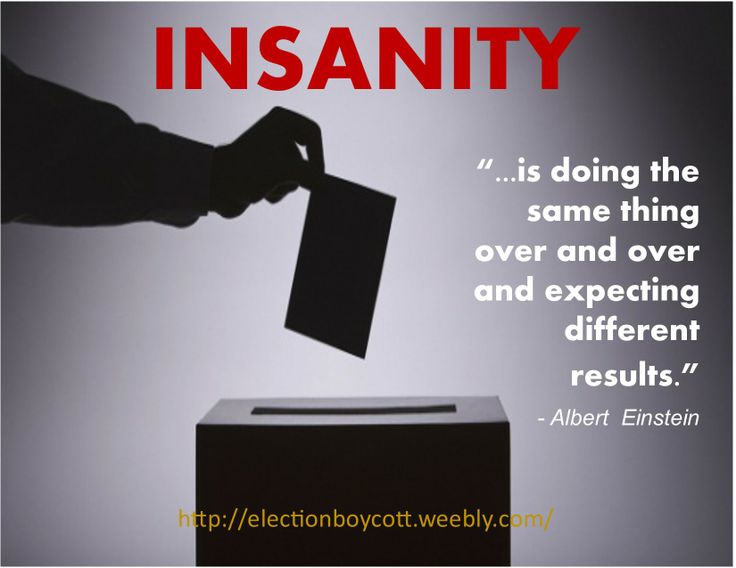 It is better not to guess, but to honestly tell how, in your opinion, you can solve the problem.
It is better not to guess, but to honestly tell how, in your opinion, you can solve the problem.
Assessment Center (Personnel Assessment Center)
Another comprehensive assessment method - Assessment Center - includes several blocks at once: tests, business games, group discussions and individual presentation of the candidate. This is a very effective assessment method, which is time-consuming and rarely used by a limited number of employers (not every company can afford to organize such an assessment system), far from any position (mainly for assessing middle managers). nine0003
Get ready to do a little self-presentation, take tests, maybe participate in business games, solve problems in a team and present your solutions.
In this case, the employer evaluates the candidate at once according to many parameters: he sees how he communicates, solves problems, what roles he plays in the team and how he builds relationships. Therefore, the best advice for preparing for such an interview is to get enough sleep, come to it in good shape and in a working mood. nine0003
nine0003
Group interview
This method is used to quickly close a "mass" position or several vacancies at once: for example, to select several call center operators or several sales assistants. The employer manages to get to know all the candidates in a short time and ask them the same questions. Be polite and act natural - this is enough to make a good impression.
Intelligence questions
Sometimes a question at an interview leads to a dead end. For example:
- “Why are manholes round?”
- "What would you do if you were reduced to the size of a coin and found yourself in a mixer that would start working in a few minutes?"
- "How many yellow cars are there in the Czech Republic?"
There are no correct answers to these questions. The employer just wants to know exactly how the candidate will reason. This is important for positions where new solutions are to be proposed, rather than performing routine operations according to instructions.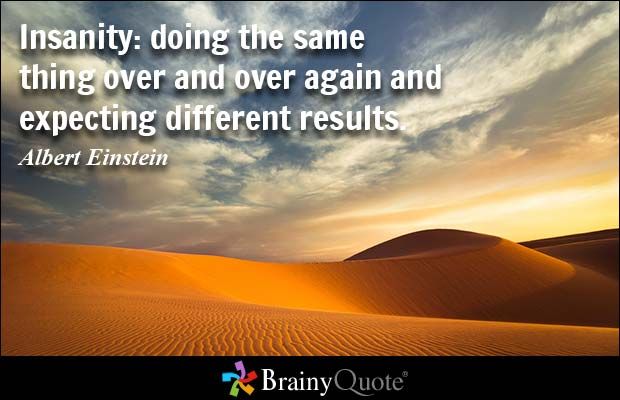 Take a break and think about your answer. Here it is important to simply speculate on the topic - say, compare the number of inhabitants of the Czech Republic with the total number of cars and the popularity of yellow, and the like: it all depends on your imagination and sense of humor. The main thing is not to get lost and express your assumptions, even if no one knows the exact number of yellow cars in the Czech Republic. nine0003
Take a break and think about your answer. Here it is important to simply speculate on the topic - say, compare the number of inhabitants of the Czech Republic with the total number of cars and the popularity of yellow, and the like: it all depends on your imagination and sense of humor. The main thing is not to get lost and express your assumptions, even if no one knows the exact number of yellow cars in the Czech Republic. nine0003
Focus on your answers, not the employer's thoughts
It is impossible to predict the employer's questions and thoughts. Maybe with a question about yellow cars in the Czech Republic, he tests your knowledge of the automotive industry, and gives cases to check how coherently you express your thoughts. It is better to focus on your answers and do everything in your power to get an interesting job.
Above all, try to be sincere. Let's say you successfully pretend to be a completely different person in your desire to get this job. And then it turns out that this job (neither its functionality, nor the peculiarities of the internal culture in the company) really suits you at all. Was it worth it to cheat? nine0003
And then it turns out that this job (neither its functionality, nor the peculiarities of the internal culture in the company) really suits you at all. Was it worth it to cheat? nine0003
And remember, you are also evaluating the employer. Ask questions that are important to you. Not only about the salary and work schedule, but ask more about the functionality itself, about how and what works in the company, what are the features, in connection with which the vacancy has opened. For some reason, many people think that this can scare away. On the contrary, recruiters and interviewers often lament that candidates don't ask much and nod at everything. In fact, your questions show your interest and a serious approach to choosing a job - and this in itself is an advantage. nine0003
Good luck with your interview!
5 typical mistakes at the interview
Invited for an interview, but not hired? Most likely, everything is in order with your resume, but something went wrong at the interview.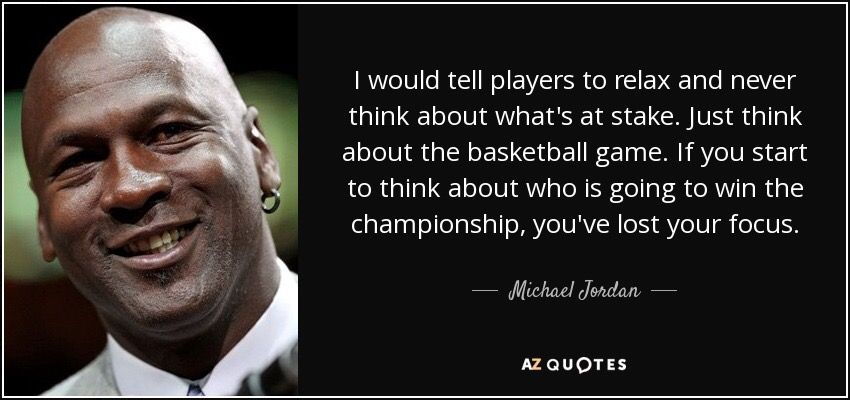 We know what mistakes employers do not forgive - read and look for yours!
We know what mistakes employers do not forgive - read and look for yours!
Failed to show motivation
The main mistake is that you failed to convince the employer of your motivation. For this reason, even applicants with an excellent track record and impressive work experience are denied. So what if you have all the necessary skills if the potential employer does not understand that you are ready to give all your best? Why would a company take on a person with even 15 years of experience and connections, if he, apparently, does not intend to stay with the company for a long time? nine0003
When you go to an interview, think ahead about how you will answer the question “Why do you want to work with us?” You must show that you are interested in the company's affairs, that you want to contribute to its success and are aimed at long-term fruitful cooperation. Ask the right questions, study the history of the company and its latest projects in advance. If the job accompanies the video, be sure to carefully watch it.
Failed to confirm the skills stated in the resume
It happens that the resume seems interesting to the company, but the employer is in no hurry to make a job offer based on the results of the interview. Was your resume overly polished? Did you confirm the declared skills during the conversation? If in your resume you declared fluency in English, and at the interview you did not understand the questions of the director, you are unlikely to be invited to work. So do not exaggerate - only real skills and experience!
Disloyalty to former employer prevented
Employers value the candidate's loyalty to the company. Of course, it is difficult to assess your love for a future employer, so recruiting managers listen carefully to what you say about your past job. “The former boss is a non-professional, did not understand the intricacies, and all the work was on me”; “Management is driving the company to ruin,” refrain from such statements. Thus, you discredit not so much the former boss as yourself.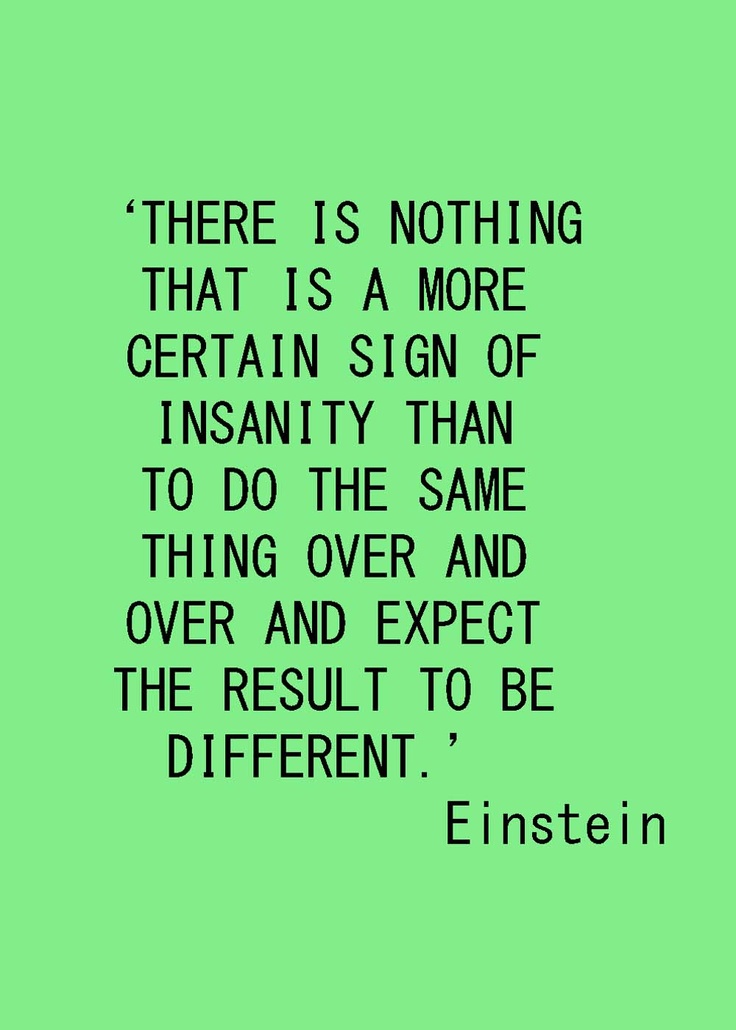 “What will he say about us when he leaves this office?” - the HR manager will think and ... will not call you back. nine0003
“What will he say about us when he leaves this office?” - the HR manager will think and ... will not call you back. nine0003
Rules of etiquette were not followed
If you were 5 minutes late or 25 minutes late - in any case, you made the interlocutor wait, showing disrespect and showing that you do not know how to value time. Study Yandex maps, build routes, leave for a meeting in advance - in a word, make it a rule not to be late for an interview under any circumstances, and if you are still late, warn by phone.
Let down the appearance
It's not that potential employers unanimously opposed freedom of expression in general - not at all. The main thing is to remember whether your appearance matches the place where you want to go to work. What is allowed for a bartender or a designer will not suit a bank manager. Dress appropriately! nine0003
Good luck with your interview!
5 questions about career guidance
I hear parents whose children take career counseling tests and the result is…nothing. They gave out a certain list of professions: curious, varied, but what to do with it is not clear. It's easier to go to a fortuneteller than to understand something from standard tests. And if we superimpose the results on the reality of constantly changing and disappearing professions...
They gave out a certain list of professions: curious, varied, but what to do with it is not clear. It's easier to go to a fortuneteller than to understand something from standard tests. And if we superimpose the results on the reality of constantly changing and disappearing professions...
Why do we need career guidance?
The short answer is to help the child with the choice, but more importantly, to study yourself.
Our children are trapped in the paradox of diversity. If we have seen shortages, coupons, queues for sausage in all its glory or one type of mayonnaise, our children have to choose one chocolate bar among 100 other types, 1 profession among thousands of possible and interesting ones.
A healthy brain cannot cope with this and turns on the reverse speed: the price of the solution is too high, I will not decide at all. That is why the doubts and worries of the child should not be read as lifelong indecision or indifference. nine0003
nine0003
Career guidance gives the child:
a) a better understanding of himself: interests, abilities, type of thinking and learning;
b) professional areas suitable for him;
c) a chance not to go around in circles, but to focus on the result;
d) make a decision consciously and informed.
How to distinguish a good career guidance from a bad one?
If, after testing and consultation, you still have confusion and the question in your head “what to do?” - Apparently something went wrong in the option you chose. It should be clear to you what to do next. You should have a list of the child’s abilities and interests, suitable professional areas for him and a roadmap for his educational and developmental path before your eyes. nine0003
Many schools provide career guidance testing. For some, this is the format of the test and communication with the class teacher. For others, a consultation with a psychologist. And yet I regularly hear “we did something, gave the child 15 referrals, but we cannot choose. What to do with it?" Our answer is to be more selective at the moment of choosing an approach to vocational guidance for a teenager. And don't expect miracles or magic pills.
And yet I regularly hear “we did something, gave the child 15 referrals, but we cannot choose. What to do with it?" Our answer is to be more selective at the moment of choosing an approach to vocational guidance for a teenager. And don't expect miracles or magic pills.
When should career guidance be given to a child?
It makes no sense to do this before the age of 12, the child has not yet gained life experience. nine0003
- At 12-13 it is not yet correct to talk about professions, but it is valuable to see the child's abilities, interests and potential.
- At the age of 14-15, it is good to take career guidance just before choosing subjects in the British system or subjects in the Unified State Examination - in the Russian one.
- At the age of 16-17, it is already easier to determine exactly the industry and aspects of the specialties to study at the university.
Let me draw your attention: the older the child, the more accurate is the vector of his professional direction. But the sooner you start to study and develop the child in the directions that are suitable for him, the more accurately the arrow will hit the very bullseye of the specialty in the end. Our goal is the child’s employment and career, and it often also depends on the skills that are developed through confident knowledge of oneself, through life experience. This is where career guidance helps. nine0003
But the sooner you start to study and develop the child in the directions that are suitable for him, the more accurately the arrow will hit the very bullseye of the specialty in the end. Our goal is the child’s employment and career, and it often also depends on the skills that are developed through confident knowledge of oneself, through life experience. This is where career guidance helps. nine0003
How can I convince my child to take career guidance?
Interested. You need to understand that for a child this sounds like another boring test that will not give him anything. And only a small percentage of children are initially disposed towards self-knowledge and will agree with enthusiasm.
It is also important to speak to the child from a partner's position, emphasizing "important" and not just wanting or not wanting. Do not persuade, but tell why it is necessary and what results it will give. We all know how to treat SARS with our home remedies based on well-being and symptoms.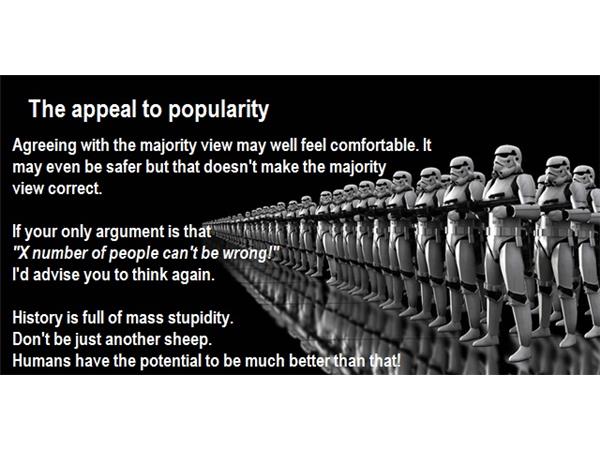 But sometimes, realizing the importance of the case, we go to the hospital. Also with career guidance. In important life moments, it’s generally great to turn to professionals - they say, this is the lot of successful people. nine0003
But sometimes, realizing the importance of the case, we go to the hospital. Also with career guidance. In important life moments, it’s generally great to turn to professionals - they say, this is the lot of successful people. nine0003
What are the most common mistakes families make when choosing a profession and profession?
Not studying your own child. For different reasons. And I would single out several types.
- "We're only going to Oxford." For such families, the prestige and status of the educational institution is primarily important. The abilities and capabilities of the child are measured little. And the trouble is that the child may go to Oxford, but you need to identify this a few years before. To understand abilities, to evoke motivation and impose on a specialty - the "Oxford star" will have a chance to ascend. This approach is often painfully confronted with the destruction of illusions. And career guidance will help to understand in advance whether this child realizes his potential in Oxford or another place is suitable for him.
 nine0127
nine0127 - "Marketing for us, and so that the flies don't bite." This is most often said by parents of girls or about children whose abilities are simpler. That is, they do not set a high bar for the child, they do not move him to achievements. In this case, career guidance will show the real potential and capabilities of the child. And the bonus is increased self-esteem.
- “It's family. Our great-grandfather was also…” Parents want to send the child along the family path of doctors / lawyers / entrepreneurs. So it is possible, of course. But first, it’s worth testing the child and understanding whether this is really for him. If there are inclinations, great, we will find the best specialists, teachers, and show the prospects for the future. But what will happen to the child if the "family craft" is not for him at all? By the way, the help of a specialist to highlight the related areas between the interests of the child and the family business. nine0127
- “It will figure it out somehow, I didn’t know either…”.
 This happens to those parents who in July 1973 decided not to join the army and prepared for the biological faculty of Moscow State University in a month. And he very confidently believes that a child can do the same. Maybe, but it will be hard for him in England. And it would be okay just to choose the wrong university for your money, but such relaxed projections on the future of the child in practice negatively affect the motivation, ambitions, and self-perception of the child about himself.
This happens to those parents who in July 1973 decided not to join the army and prepared for the biological faculty of Moscow State University in a month. And he very confidently believes that a child can do the same. Maybe, but it will be hard for him in England. And it would be okay just to choose the wrong university for your money, but such relaxed projections on the future of the child in practice negatively affect the motivation, ambitions, and self-perception of the child about himself.
Our recommendations:
— think about career guidance from the age of 13;
— define the goal and task of career guidance in advance;
— do not force testing on a child. Gently and interestingly tell what it will give the child.
- always study the quality and content of career guidance - whether it will become easier and easier for you after the service.
BAD INTERVIEW? 6 SIGNS YOU WON'T GET A JOB
Before jumping to conclusions about how your job interview went, here are six signs of a bad job interview. These signs are not always obvious, so be careful and try not to miss them so as not to waste time waiting for a decision on your candidacy .
These signs are not always obvious, so be careful and try not to miss them so as not to waste time waiting for a decision on your candidacy .
Have you ever doubted how successful your job interview was? Everyone has a bad interview at least once in their life. You can understand this immediately or gradually, again and again “losing” the situation in your head. The reasons for failure can vary, but the signs of a failed job interview are pretty universal. Here are the most characteristic of them.
1. The interview ended abruptly.
A short interview is not always a cause for concern. But if you were supposed to be introduced to the team, and in the end you met with only one employee, then most likely this person did not approve of your candidacy. nine0003
2. They don't try to interest you.
Of course, in the first place, it is you who should be of interest to the employer. But this does not mean that the person who is interviewing you should not try to interest you. After all, you may have other offers, and if you like it, the company should try to get you to choose them.
After all, you may have other offers, and if you like it, the company should try to get you to choose them.
3. You do not feel contact with the person you are talking to.
Even if you are not very good at building rapport with people, you need to connect with the interviewer in order to be called to the next stage. However, establishing contact is not only your concern. The interviewer must also win over the candidate in order to get to know him well. If the interviewer is not trying to connect with you, or if you feel that there is no understanding between you, this is definitely a bad sign. nine0003
4. Your interview is in the form of a question-and-answer session.
A successful interview is like a dialogue, not an interrogation or fact gathering. This is a mutual natural process, where questions arise by themselves in the course of the conversation. If the interviewer blurts out questions one after the other, he is probably doing it just for show, choosing the right moment to end the interview.
5. You are not asked about your salary and opportunity to start work.
Although salary is usually discussed at a later stage of the interview, the first interviewer should at least casually inquire about your financial expectations. The same applies to the question of when you can start work. If these points were immediately clarified, then at the next stages of the interview they may no longer be affected, and there is no reason to worry. By the way, you are not required to report your current salary. Simply say how much you would like to receive in a new place. nine0003
6. You just know you failed.
We are often dissatisfied with how the interview went, but we are nonetheless invited to the next stage. Sometimes it also happens that it immediately becomes clear to us: there will be no continuation. Trust your own intuition. If the situation can still be saved, take this opportunity, because trying is not torture. You have nothing to lose by admitting that things didn't go as well as you hoped and asking for a second chance, backing up your request with some evidence of your competence.





